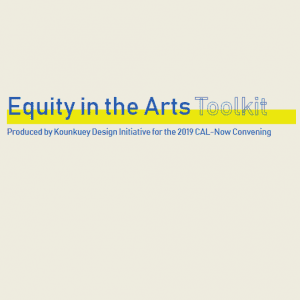
Agriculture
February 21, 2024
Equity in the Arts Toolkit
Read SolutionImplemented by
Kounkuey Design Initiative
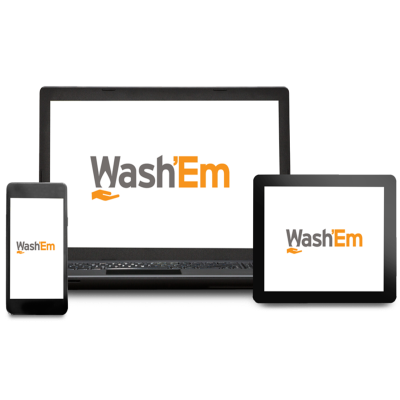
Updated on January 15, 2024
·Created on August 18, 2020
Wash'Em is a process for rapidly designing evidence-based and context-adapted handwashing behavior change programs in emergencies.
Wash’Em is an online software tool developed through collaboration with the LSHTM, ACF, and CAWST and funded by USAID/OFDA. Wash’Em is a behavior change approach designed specifically for emergency situations. The Wash’Em software simplifies moving from behavioral insights to hygiene program design.
The process involves 5 rapid assessment tools to understand community behavior. Once data is entered into the Wash’Em software, evidence-based and context tailored WASH program recommendations are generated.
Target SDGs
SDG 6: Clean Water and Sanitation
SDG 3: Good Health and Well-Being
Target Users (Target Impact Group)
Community, Public Sector Agencies, NGOs
Distributors / Implementing Organizations
This process has been implemented by over 45 organizations, including UNICEF, World Vision, Oxfam, WaterAID, and ACF.
Regions
Worldwide
Manufacturing/Building Method
N/A
Intellectural Property Type
Trademark
User Provision Model
Wash’Em software is free to access online.
Distributions to Date Status
While exact distributions to date are unknown, Wash’Em has recorded over 50 sites in which the Wash’Em software has been tested.
Consumables
None
Number of uses
Unlimited
Power supply type
None
Size
N/A
Design Specifications
The Wash’Em Programme Designer software is developed by behavioral scientists. The process was designed through systematic literature reviews on handwashing and behavioral theories, and practitioner experience.
The software is directed by each response to the questionnaire whether to provide a recommendation to the context. The 5 rapid assessment tools were developed based on extended mixed-methods research crisis-affected settings. Following testing, adjustment, and improvement in over 30 emergency responses, the process is now in its third iteration.
The Wash’Em process produces handwashing programs specific to the implementing context. This process is generated as follows:
The program is designed to run on any modern web browser on a computer, laptop, or tablet.
Technical Support
Technical support is provided by the Wash'Em team.
Replacement Components
N/A
Lifecycle
N/A
Manufacturer Specified Performance Parameters
The designer states simple language, easy-to-use rapid assessment tools, and context-specific designed hygiene programs as performance targets.
Vetted Performance Status
The designer states the Wash’Em process was tested by 45 different organizations in more than 30 emergency responses in the first year of its release.
Safety
N/A
Complementary Technical Systems
The Wash’Em process can align with WASH humanitarian response programming.
Academic Research and References
None
Compliance with regulations
None
Evaluation methods
The designer states the product has been evaluated through literature reviews, in-depth research during crises, and interviews with humanitarian organizations.
Other Information
None

Agriculture
February 21, 2024
Implemented by
Kounkuey Design Initiative
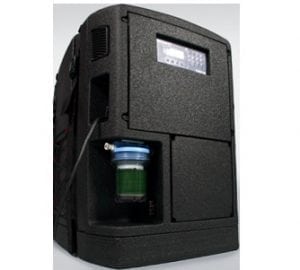
Agriculture
January 25, 2024
Implemented by
DEKA Research & Development
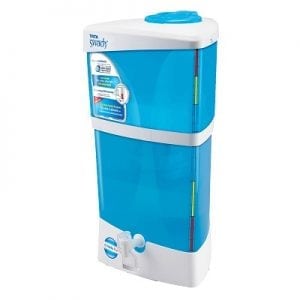
Agriculture
January 1, 2024
Implemented by
TATA Swach
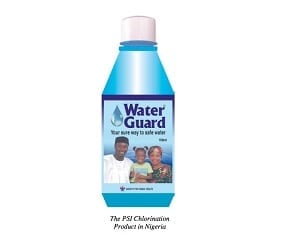
Agriculture
January 3, 2024
Implemented by
Population Services International (PSI)
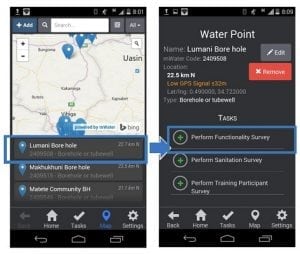
Agriculture
June 24, 2024
Implemented by
mWater
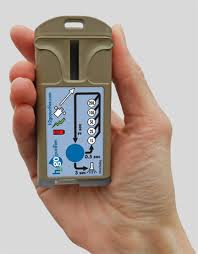
Agriculture
January 2, 2024
Implemented by
Aqua Research

Agriculture
January 24, 2024
Implemented by
AidGear
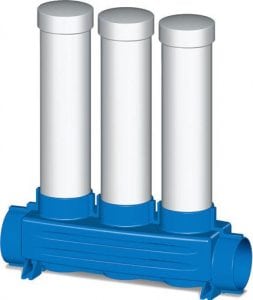
Agriculture
January 2, 2024
Implemented by
Norweco

Agriculture
January 3, 2024
Implemented by
Easol Pvt Ldt
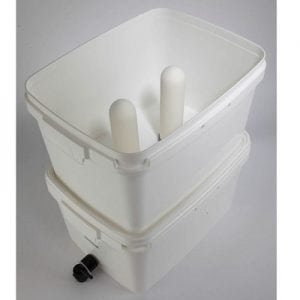
Agriculture
January 11, 2024
Implemented by
Doulton
Have thoughts on how we can improve?
Give Us Feedback